- Seven civilians, including infant, killed in junta airstrikes on Kyauktaw and Mrauk-U
- The Mizoram Hard Journey (or) Sailing Up the Kaladan
- Arakan Army expands operations into Sagaing Region, seizes four junta camps
- ULA purchases paddy from farmers amid market shortage in Arakan State
- After Arakan fighting, Taungup residents struggle to rebuild homes
Leading PPST member offers advice to revolutionaries and politicians amid Myanmar crisis
In concluding remarks at the latest meeting of the Peace Process Steering Team (PPST), one of the grouping’s leaders, Colonel Khun Okkar, recognised the roles of both revolutionaries and politicians in Myanmar’s current, politically fraught moment.
06 Aug 2021
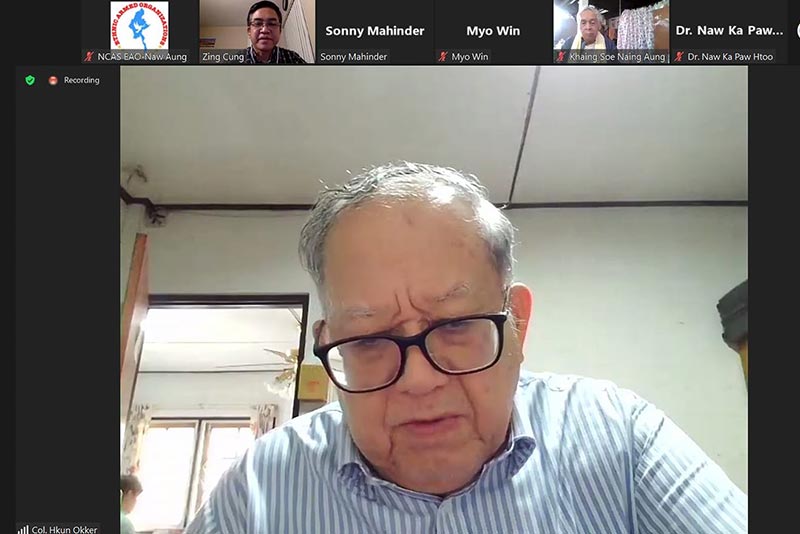
DMG Newsroom
6 August 2021, Yangon
In concluding remarks at the latest meeting of the Peace Process Steering Team (PPST), one of the grouping’s leaders, Colonel Khun Okkar, recognised the roles of both revolutionaries and politicians in Myanmar’s current, politically fraught moment.
The chairman of the Pa-O National Liberation Army (PNLO), Colonel Khun Okkar urged revolutionaries to carry out their revolution “with scruples,” and said politicians needed to observe the “political moral precepts.”
“The politics of bloodshed is called revolution and the politics without bloodshed is called peace talks,” said Khun Okkar, who is one of three members of an interim leadership committee of the PPST.
Myanmar’s ethnic armed organisations have already had revolutions both with and without bloodshed over the seven-plus decades since independence as they sought to create a federal union that guarantees national equality and self-determination, he added.
Myanmar is politically fragmented and the whole of society is in a state of inquietude, he lamented.
More than six months since the military’s February 1 coup, people continue to protest against the dictatorship, with some helping to form People’s Defence Forces in their townships to combat the regime by force of arms, he noted.
He added that he understood the rebellion of young people who, following the military takeover, lost many of the human rights, democratic rights, freedoms and transparency that they had gained over some 10 years of political reforms in Myanmar.
“Especially, I praise the people in central Myanmar and Myaylat as they are found active in politics,” he said, concluding his speech with a poem that asserts that any force, whether political, military or a combination of the two, will be defeated if it did does not have the support of the people.
The PPST is formed of the 10 ethnic armed organisations that signed the Nationwide Ceasefire Agreement in 2015, with the team designated to carry out peace negotiations with the government.
The PPST on February 20 announced that it would suspend political talks with the Tatmadaw regime following the military coup some three weeks earlier.




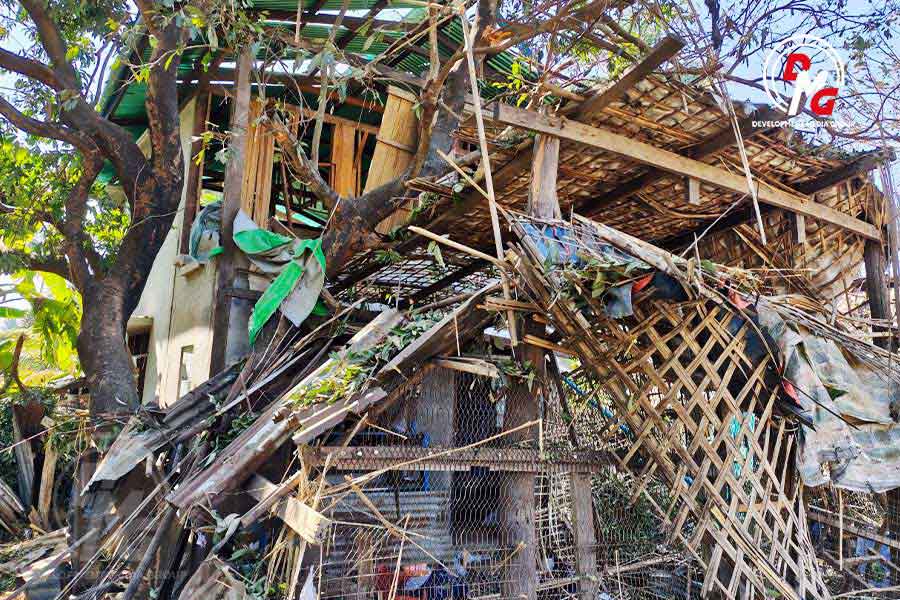
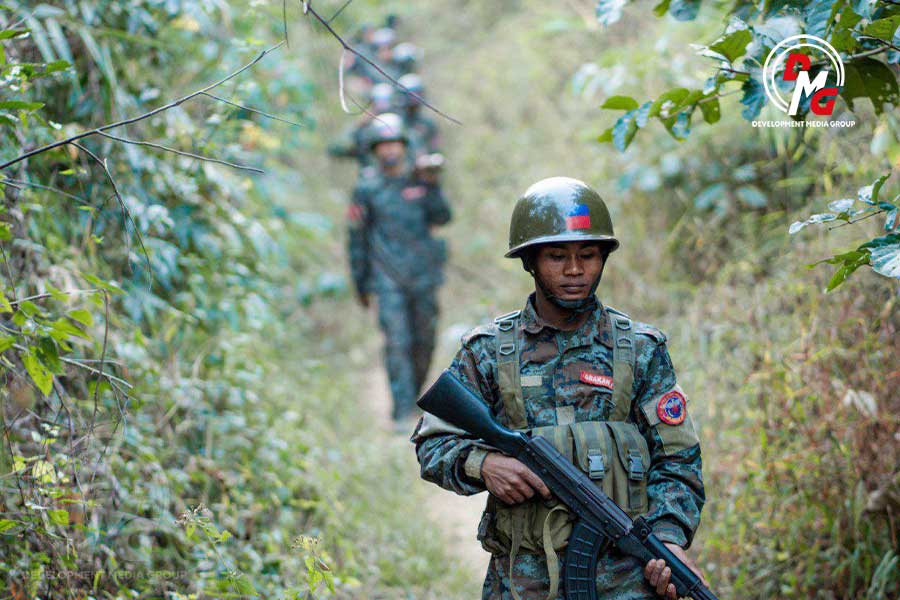
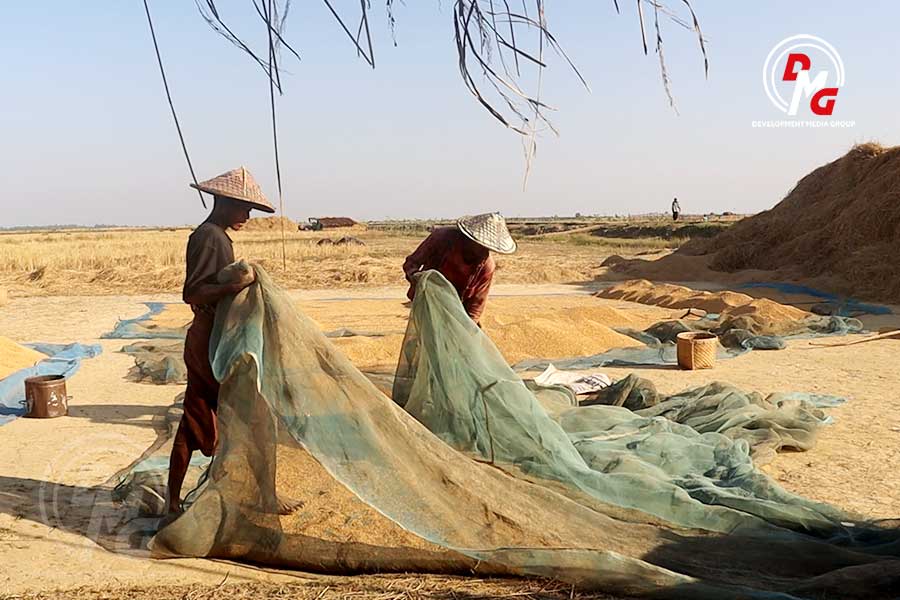
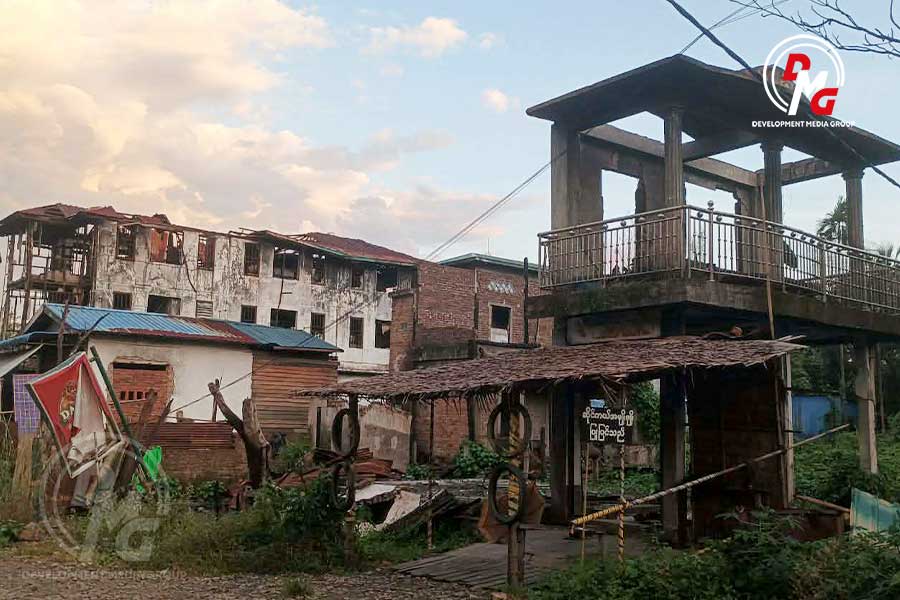
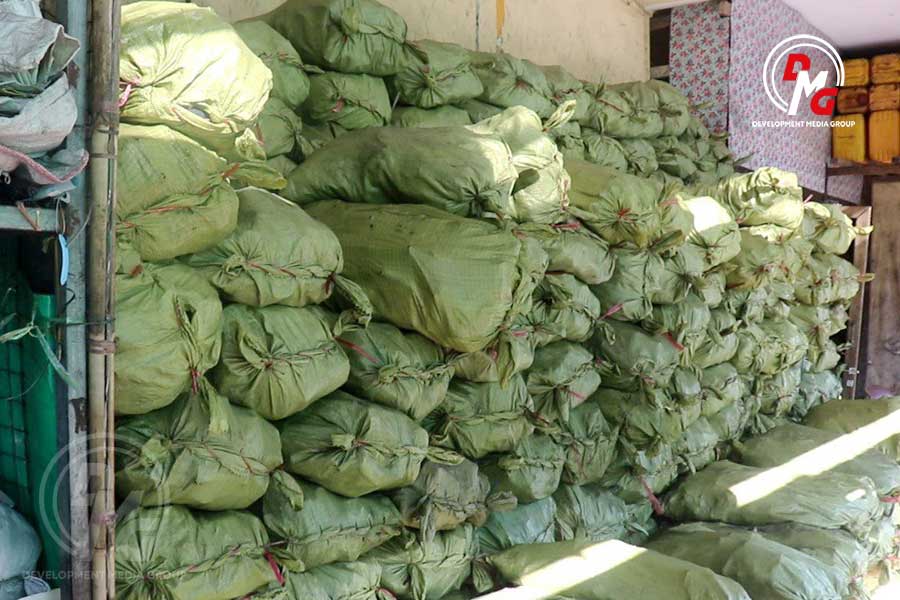







.jpg)
